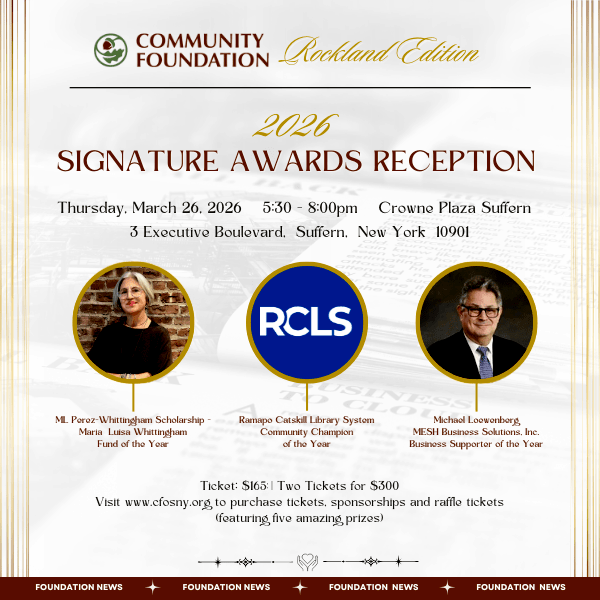|
RCBJ-Audible (Listen For Free)
|
Opposition To The Packaging Reduction & Recycling Infrastructure Act By Industry Sunk Previous Efforts At Passage
By Suzanne Barclay
It seems that every month a study is released describing the presence of nanoplastics in a new part of the human body or detailing the failures of plastic recycling. It is now common knowledge that macroplastics and nanoplastics are ubiquitous, found in the soil, air, water, human and animal life. We also know that these plastics are harmful to people, animals, and the planet even if the full extent of the harm has not been determined by scientists. Finally, we’ve learned that recycling plastics is largely a waste of time because new plastic is so much cheaper to produce than processing used plastic.
The U.S. does not have a national waste management policy nor do many states. Although states have established recycling programs for some materials, only 6-8% of plastic is actually recycled and repurposed. The vast majority of containers labeled with numbers 3,4,6,7 are incinerated or landfilled.
New York has attempted to address the use and disposal of single use packaging but the proposed legislation has failed three times. That won’t stop sponsors Senator Pete Harckham and Assemblywoman Debra Glick from reintroducing the bill in the next legislative session. The Packaging Reduction & Recycling Infrastructure Act (PRRIA) will reduce packaging on items manufactured in or imported into New York state, improve recycling infrastructure, prohibit the use of 17 toxins used in plastic packaging, financially support municipal recycling programs and prohibit chemical or advanced recycling. If and when it passes, New York will join eight states with similar legislation.
What Specifically Does the Proposed Bill Do?
The bill applies the concept of Extended Producer Responsibility to packaging which puts the onus on producers to manage their products at the point when they become waste. New Yorkers are already familiar with this concept since e-waste, pharmaceuticals, tires and soon, carpeting, are all subject to the bill. This legislation requires companies that sell products in NYS to reduce their packaging, whether plastic, paper or other material, by 30% over the next 12 years; and develop packaging that is actually recyclable. Companies that don’t meet that standard will pay a fee to cover the cost of managing the waste. That revenue will help fund municipal recycling programs and infrastructure. Exemptions are made for small companies, and certain products – medical, farm products regulated by FDA.
Seventeen chemicals now commonly used in single use plastic will be prohibited. These include lead, mercury, PFAS, Bisphenols, formaldehyde, toluene, phthalates among others.
Chemical recycling, otherwise known as advanced recycling, involves burning recycled plastic at very high temperatures. While not banned by this legislation, it will not count towards the 30% minimum.
The bill has enjoyed tremendous support. A Sienna poll in April revealed that 73% of those polled want companies with revenues of over $1million to reduce their packaging. Over 300 organizations signed on to support this legislation as well as hundreds of municipalities, counties, cities, and faith communities. NRDC, Oceana, NYPIRG, the League of Women Voters (NY) as well as KRB, Rockland Audubon Society and the Dominican Sisters of Sparkill and Sisters of St. Dominic of Blauvelt locally all advocated for its passage. Beyond Plastics, a non-profit organization founded by former EPA administrator, Judith Enck, was the force behind much of the support. Through their grassroot efforts, they organized hundreds of volunteers to regularly advocate for the bill in Albany.
What doomed passage of the PRRIA this year? Lobbyists from Walmart, L’Oreal, Coca Cola, the American Chemistry Council and others convinced some lawmakers that consumer goods would increase in price, despite a study by the Oregon Department of Environmental Quality that refuted this claim. The good news is that in the next legislative session, the bill can go directly to the Assembly floor for a vote, by passing all of the committees. Despite New York’s history of environmental protection, no significant environmental bill passed last year; it is hoped that next year the Legislature will reverse that trend.
(A local chapter of Beyond Plastic has just been launched in Rockland County. For more information, please contact Laura Graves at lauragraves@earthlink.net.)
Suzanne Barclay was Executive Director for the Cornell Cooperative Extension of Rockland from 2017 to 2023














